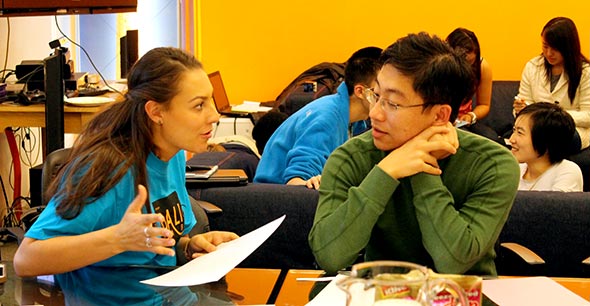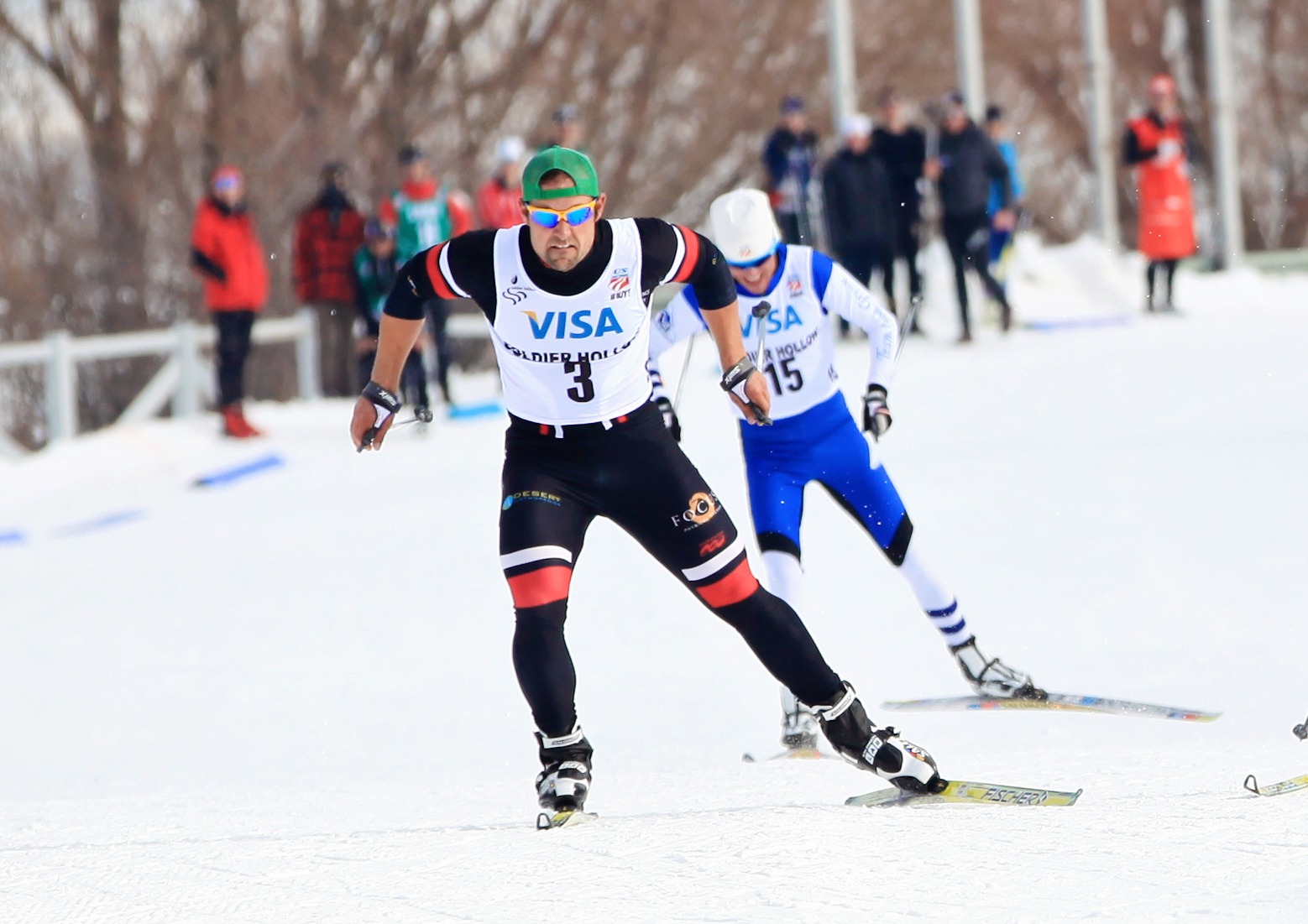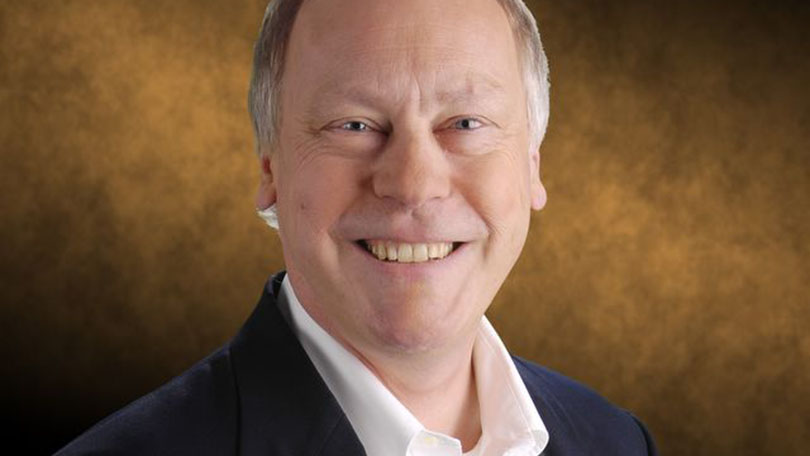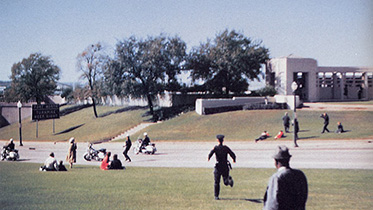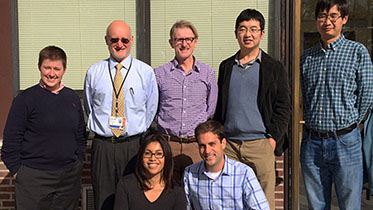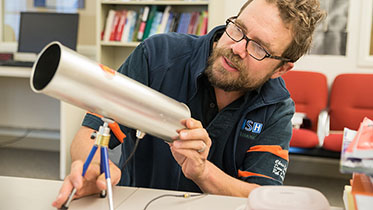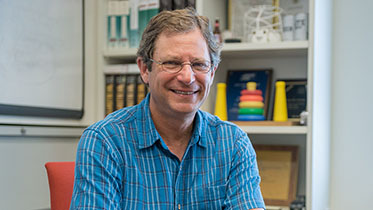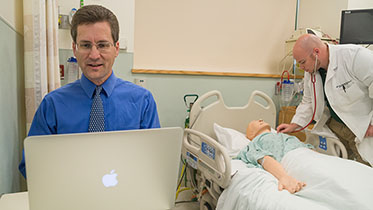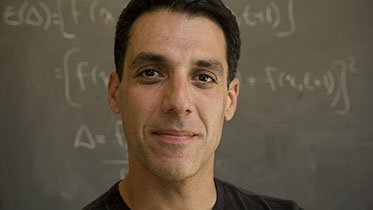Dartmouth Now article says "DALI at Dartmouth means something other than the mustachioed Spanish surrealist painter. Rather, it refers to a group of students, staff, and faculty, who work on real-world computational problems. They focus on communicating complex ideas and data in meaningful ways, using a mix of technology and design."
News
January 21, 2014
Dakota Blackhorse-von Jess ’09, who majored in Computer Science modified with Environmental Studies, is one of 25 athletes from Dartmouth with sights set on Sochi. (photo by Sarah Brunson/U.S. Ski Team)
December 19, 2013
Do you have an innovative idea? Want to make the world a better place? Here is a chance to realize your vision for a new app, tool, or device.
December 17, 2013
Chip Elliott, an adjunct professor of Computer Science, has been named a 2013 ACM Fellow f or scientific contributions enabling quantum communications, advanced tactical networks, and programming literacy.
November 21, 2013
An exhibition in Berry Library highlights the work of Professor Hany Farid, a digital forensics specialist. Farid examined the “Oswald backyard photo,” an incriminating image held up by conspiracy theorists as a fake.
November 19, 2013
There is no known cure for schizophrenia, but Dartmouth’s Dror Ben-Zeev and his team are working on a mobile system that can detect early warning signs of impending episodes and trigger time-sensitive interventions to help prevent relapses into psychosis.
October 08, 2013
Professor of Computer Science Sean Smith is assuming the leadership of Dartmouth’s Institute for Security, Technology, and Society (ISTS). The institute is dedicated to pursuing research and education to advance information security and privacy throughout society.
August 28, 2013
“Algorithms are at the core of all things digital,” says Cormen, a professor and chair of Dartmouth’s Department of Computer Science. “They run on your laptop, your smartphone, your GPS device, and in systems imbedded in your car, your microwave oven—everywhere.”
August 26, 2013
“Now with these mobile technologies, people can use these computing devices pretty much anywhere, so that means that we are collecting information from more parts of your life, from more places in your life than you might have been comfortable having collected."
August 20, 2013
New software developed by Dartmouth’s Hany Farid and his colleagues can determine whether a photo is fake—or has been altered—by analyzing shadows that cannot be seen by the naked eye, reports The New York Times.
